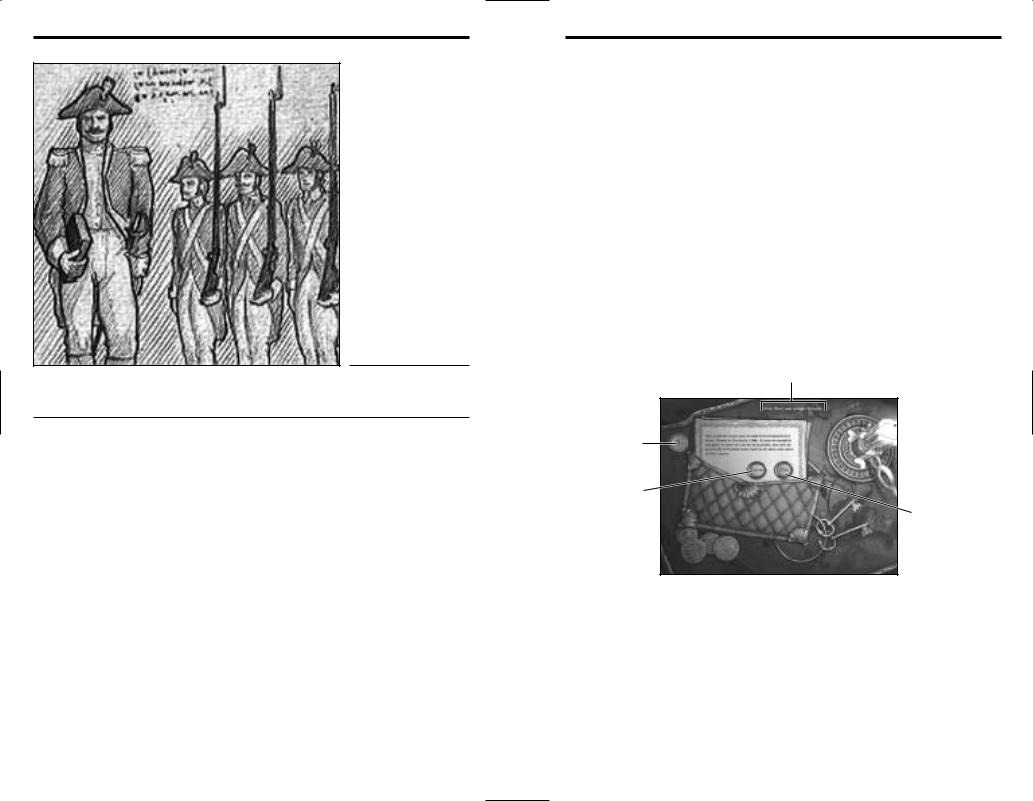

The Berlin Conference of 1884–1885 sought to destroy the competition between the powers by defining "effective occupation" as the criterion for international recognition of a territory claim, specifically in Africa.

#Imperialism 2 diplomacy tutorial free
This competition was sharpened by the Long Depression of 1873–1896, a prolonged period of price deflation punctuated by severe business downturns, which put pressure on governments to promote home industry, leading to the widespread abandonment of free trade among Europe's powers (in Germany from 1879 and in France from 1881). France's determination to recover Alsace-Lorraine, annexed by Germany as a result of the Franco-Prussian War, and Germany's mounting imperialist ambitions would keep the two nations constantly poised for conflict. The years from 1871 to 1914 would be marked by an extremely unstable peace. The establishment of nation-states in Germany and Italy resolved territorial issues that had kept potential rivals embroiled in internal affairs at the heart of Europe to Britain's advantage. The erosion of British hegemony after the Franco-Prussian War, in which a coalition of German states led by Prussia defeated France, was occasioned by changes in the European and world economies and in the continental balance of power following the breakdown of the Concert of Europe, established by the Congress of Vienna. As the "workshop of the world", Britain could produce finished goods so efficiently that they could usually undersell comparable, locally manufactured goods in foreign markets, supplying a large share of the manufactured goods consumed by such nations as the German states, France, Belgium, and the United States. It served to divide and reappropriate imperial holdings.ĭuring this period, between the 1815 Congress of Vienna after the defeat of Napoleonic France and the end of the Franco-Prussian War in 1871, Britain reaped the benefits of being the world's sole modern, industrial power.
#Imperialism 2 diplomacy tutorial series
The congress was actually a series of face-to-face meetings between colonial powers. The Congress of Vienna by Jean-Baptiste Isabey (1819). The qualifier "new" is used to differentiate modern imperialism from earlier imperial activity, such as the formation of ancient empires and the so-called first wave of European colonization. Many of the colonies established during this era gained independence during the era of decolonization that followed World War II. The new wave of imperialism reflected ongoing rivalries among the great powers, the economic desire for new resources and markets, and a " civilizing mission" ethos. At the time, states focused on building their empires with new technological advances and developments, expanding their territory through conquest, and exploiting the resources of the subjugated countries.ĭuring the era of New Imperialism, the Western powers (and Japan) individually conquered almost all of Africa and parts of Asia. The period featured an unprecedented pursuit of overseas territorial acquisitions.

In historical contexts, New Imperialism characterizes a period of colonial expansion by European powers, the United States, and Japan during the late 19th and early 20th centuries.


 0 kommentar(er)
0 kommentar(er)
